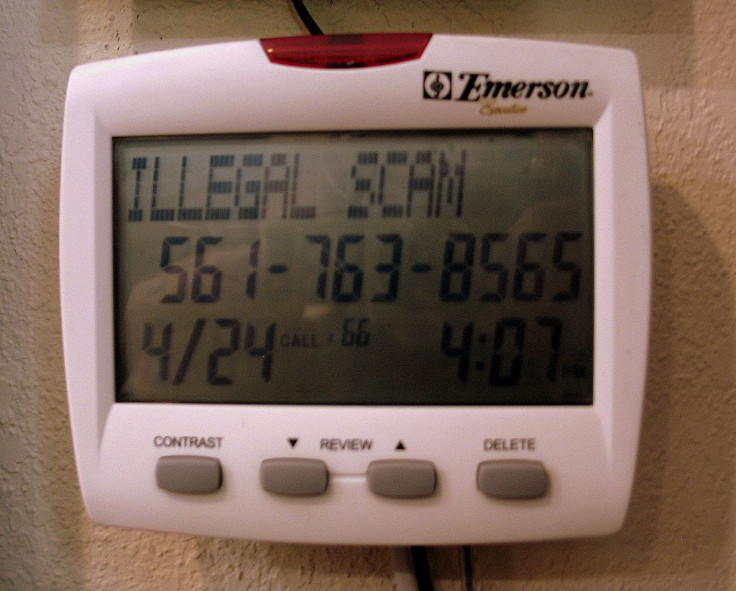How Do I Block Robocalls? Senate Adopts Bill Making It Easier To Eliminate Scammers

KEY POINTS
- Last set of rules governing robocalls were adopted in 1991
- The number of robocalls more than doubled in the last year
- The deluge of calls has become a real problem for hospitals, endangering patients
The Senate on Thursday gave final approval to House-passed legislation to cut down the number of robocalls plaguing consumers, which topped 54 billion this year, and that gives the government new power to find and prosecute scammers.
The bill now goes to President Trump, who is expected to sign it.
The Senate vote was unanimous on the Pallone-Thune Telephone Robocall Abuse Criminal Enforcement and Deterrence Act, named for sponsors Rep. Frank Pallone Jr., D-N.J., and Sen. John Thune, R-S.D. Backers acknowledge consumers will see little difference initially, but the volume of annoying and fraudulent calls should diminish over time.
“Illegal robocalls have flooded Americans phones to the point that folks don’t want to pick their phones up at all,” Thune said in support of the measure. “No one is immune to these annoying and potentially dangerous calls.”
For hospitals, the problem is especially worrying.
“There are numerous stories of hospital telephone lines being flooded with robocalls, disrupting critical lines of communication for hours," Thune said. “That can’t be allowed to go on.”
Since the last guidelines for robocalls were adopted in 1991, scammers have developed sophisticated techniques for hiding their numbers, and making calls and sending texts in large batches.
Online phone directory company Hiya released findings last week indicating spam calls increased 108% this year to 54.6 billion, with consumers receiving an average 14 such calls a month. The company also found Americans answer their cellphones less than half the time and only 18% of the time if the call is coming from an unidentified number.
Call blocking app YouMail reported robocall volume swelled to 182 million a day in October, up 30 million from September, with the number of scam calls increasing 32%. The top scams revolved around health-related issues, interest rates, student loans, Social Security and warranties.
The measure requires AT&T, Verizon and other phone companies to block robocalls for free and ensure calls are coming from real numbers. It also gives regulators more time to find and penalize scammers without having to issue warnings first.
The Federal Communications Commission will be required to let Congress know about action being taken against robocalling operations and oversee companies tracking such calls. It also requires the Justice Department to prosecute more often.
The FCC voted during the summer to allow carriers to block suspicious calls by default.
The bill’s requirements are expected to take months to implement and do nothing to reduce calls from credit card companies, student lenders and other businesses who depend on such calls to generate business.
Protocols for reducing robocalls already exist for phones operating on modern broadband networks, but because much of the U.S. still transmits calls on copper wires, implementing those protocols widely is not possible.
The original legislation directed the FCC to rethink what makes a robocall legal, but business groups opposed the language.
“It [the bill passed Thursday] won’t have an immediate impact on day one or day two, but it requires the institution of a number of methodologies that will address different problems causing unwanted robocalls,” Margot Saunders, the senior counsel at the National Consumer Law Center, told the Washington Post.
“It’s not as much as we wanted, but it will help address the onslaught of robocalls.”
© Copyright IBTimes 2025. All rights reserved.






















